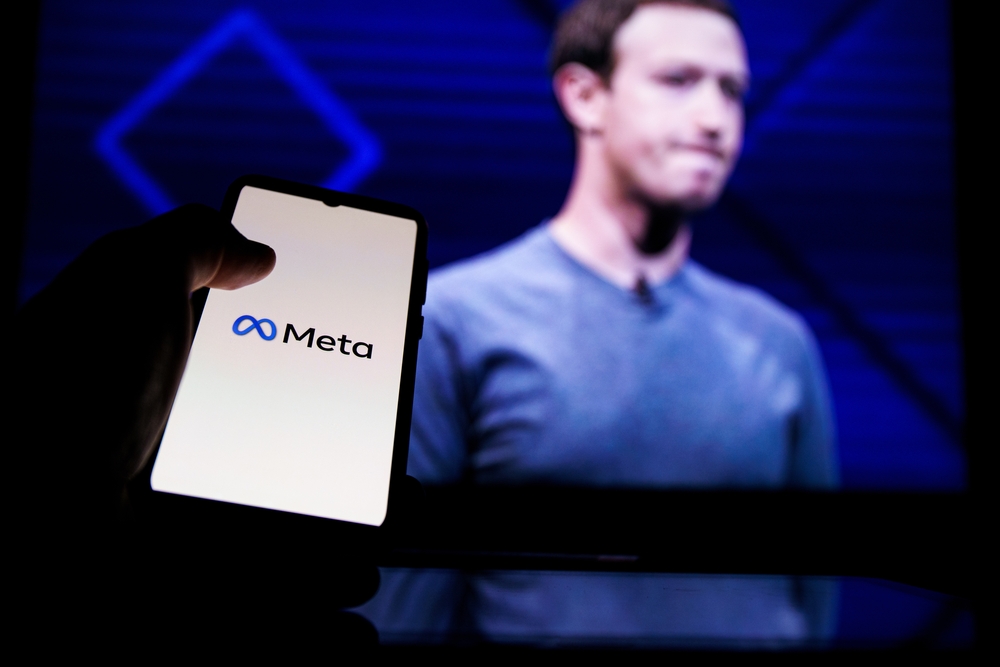Polish billionaire Rafał Brzoska has gone to war with Mark Zuckerberg’s Meta over the use of Brzoska’s image in various AI-generated deepfakes, and in his latest post on X, he declares that “the court agreed with him.”
Now, the Polish billionaire writes that each deepfake of him published on Meta will result in a fine imposed on the social media giant. The case, although confined to Poland, could have implications for free speech rights, the development of artificial intelligence, and how deepfakes develop in the future.
“We also applied for security, so that each subsequent deepfake with our image would result in an immediate financial penalty on the owner of Facebook! The court fully agreed with us and granted us security for the maximum possible time, i.e., one year, and the court process is already proceeding in parallel” he wrote in his post, which also included a video message.
Omena Mensah, Brzoska’s wife, also noted in the video that fake posts and photos of her that appeared on the platform, including photoshopped photos of her beaten face, alleged violence by her husband, and even false information about her possession of drugs and an attempt to kill her, were found to be a violation by the Polish courts.
“We do not consent to the spread of hatred and disinformation. As you can see, each of us can win against large corporations that derive enormous financial benefits from this,” Mensah added.
With the rise of AI, images generated with the technology have flooded the internet, often using celebrities and politicians as targets. These photos are often comical and clearly fake, even if they have a realistic quality to them, but others are highly detailed and misleading.
“According to the court’s decision, each deepfake with our image imposes a financial penalty on Meta,” Brzoska announced.
The owner of InPost, which is a Polish logistics company, also appealed to all internet users to send him other deepfakes of his person. He also asked for other public figures who have been wronged similarly to contact him and his wife, because they have “another plan and another step” in this case in the fight against Meta, so that profiting from crimes “is not honored, at least in Poland.”
So far, most social media platforms feature millions of AI-generated images of celebrities and politicians. If similar cases proceed, it may raise questions about whether such images will be allowed to proliferate. In some countries such as the United States, AI-generated images may be protected under First Amendment rights, but the actual case law on this issue is sparse.
In other countries, such as South Korea, AI deepfakes are also targeting non-public figures. Teenagers there are generating deepfake nudes of schoolgirls and classmates, which have sparked national headlines and allegedly led to a mental health crisis for those being targeted. In such cases, people with limited financial means may have fewer resources to bring social media operators to court.






